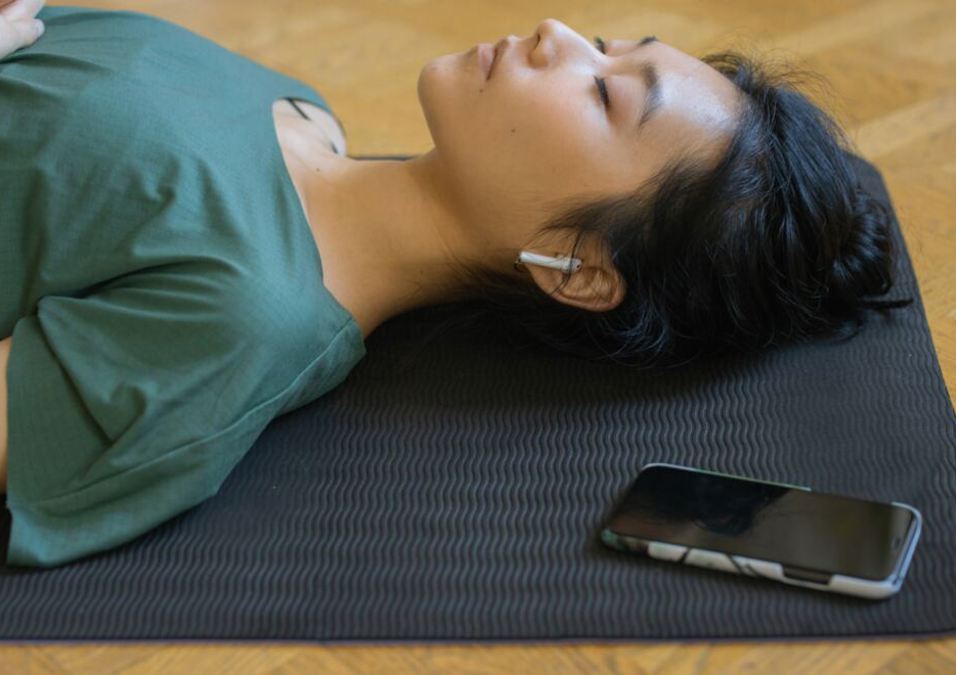Sleep and Performance Effects of Evening Activity

SIGN UP FOR YOUR FREE DAY PASS TODAY!
A recent study indicates that short evening exercise sessions can notably extend sleep duration without interfering with day-to-day activities.
Sleep plays a vital role in overall wellness, affecting everything from recovery to mental focus. According to the National Sleep Foundation, 35% of U.S. adults get less than the recommended seven hours of sleep per night.
Now, a new strategy has emerged that personal trainers can recommend to help clients boost their sleep time—engaging in brief bodyweight exercises before bed.
Published in BMJ Open Sport & Exercise Medicine, the study underscores the advantages of incorporating short evening sessions of bodyweight resistance exercises to enhance sleep in healthy adults.
Researchers from the University of Otago investigated whether interrupting prolonged evening sitting with brief exercise sessions would positively affect sleep quantity and quality.
Stay Seated or Move in the Evening?
To ensure precise results, the study applied a standardized intervention protocol. Participants adhered to a strict dietary regimen on test days, consuming specific meals before 2 PM.
They wore ActiGraph GT3X+ accelerometers on their non-dominant wrists from the morning of the study day until 48 hours after, allowing researchers to monitor physical activity and sleep patterns continuously.
The study's randomized crossover trial involved 28 participants, primarily women, with an average age of 25.6 years and a mean BMI of 29.5 kg/m².
Each participant experienced two different 4-hour scenarios, both starting around 5 PM, across separate evenings.
In the first scenario, participants sat for the entire 4-hour duration, simulating a typical evening of prolonged sitting.
The second scenario interrupted sitting every 30 minutes with 3-minute sessions of bodyweight exercises such as chair squats, calf raises, and standing knee raises with straight leg hip extensions.
These exercises were performed in sequence, each lasting 20 seconds, repeated over three rounds, and guided by a time-standardized video to ensure uniformity and correct form.
Once the sessions ended, participants resumed their usual routines, and their sleep was tracked using accelerometers and sleep diaries, generating valuable data on sleep patterns and quality.
Effects on Sleep
The researchers focused on the study's secondary outcomes, examining how the evening interventions impacted participants’ sleep and physical activity.
They observed that those who regularly performed evening bodyweight exercises experienced a modest yet statistically significant increase in sleep time.
On average, these participants gained 29.3 minutes of total sleep time, with actual sleep time increasing by approximately 27.7 minutes.
While sleep duration improved, other sleep quality aspects, such as sleep efficiency, time spent awake after falling asleep, and the number of awakenings during the night, remained relatively unchanged compared to evenings of extended sitting.
Additionally, these short evening exercises did not significantly influence physical activity levels in the following 24 to 48 hours.
The findings suggested that these simple activity breaks could prolong sleep without disrupting the overall sleep experience or daily routines.
“Given the current sleep hygiene guidelines, we were surprised to see such a positive impact on sleep,” said lead author Jennifer Gale, a doctoral student in human nutrition at the University of Otago.
These results imply that integrating brief resistance exercise sessions into evening routines could be an easy, effective approach to enhancing sleep duration without adversely affecting sleep quality.
This strategy could be especially beneficial for individuals with sedentary lifestyles who might gain improved sleep as part of a comprehensive health and wellness plan.
However, despite the promising results, some limitations should be noted. The study only explored the effects of a single evening intervention, leaving the long-term effects of consistent evening exercise breaks on sleep uncertain.
The relatively small sample size and specific demographic—mainly young women—also limit the applicability of the findings to a wider population.
The study concentrated solely on bodyweight resistance exercises, suggesting that future research could examine different types of physical activity, like aerobic or stretching exercises, on sleep outcomes.
Further research is needed to understand the long-term effects and explore potential benefits across various populations and exercise types.
Source: athletechnews
The opinions shared in the GymNation blog articles are solely those of the respective authors and may not represent the perspectives of GymNation or any member of the GymNation team.































































